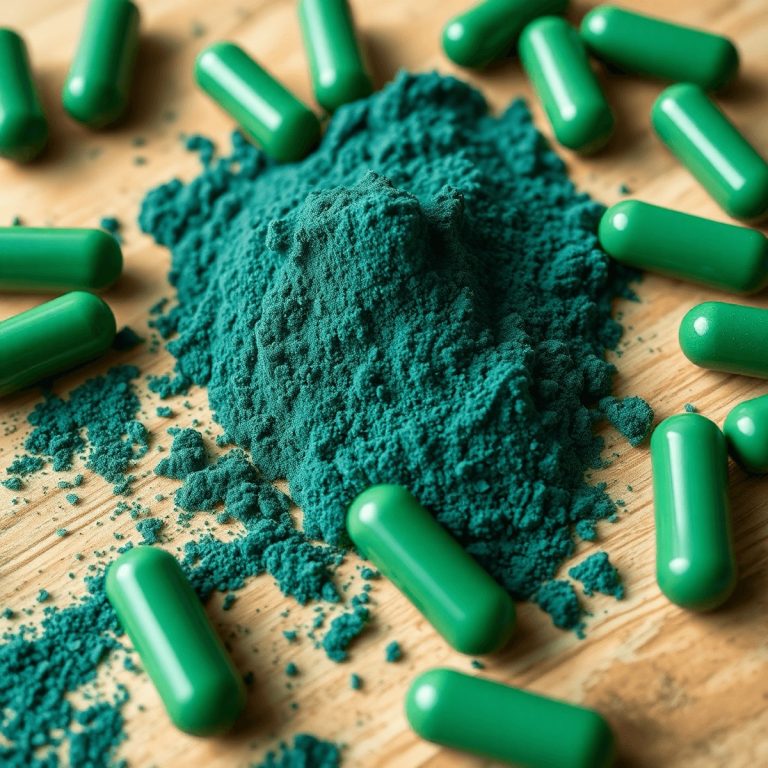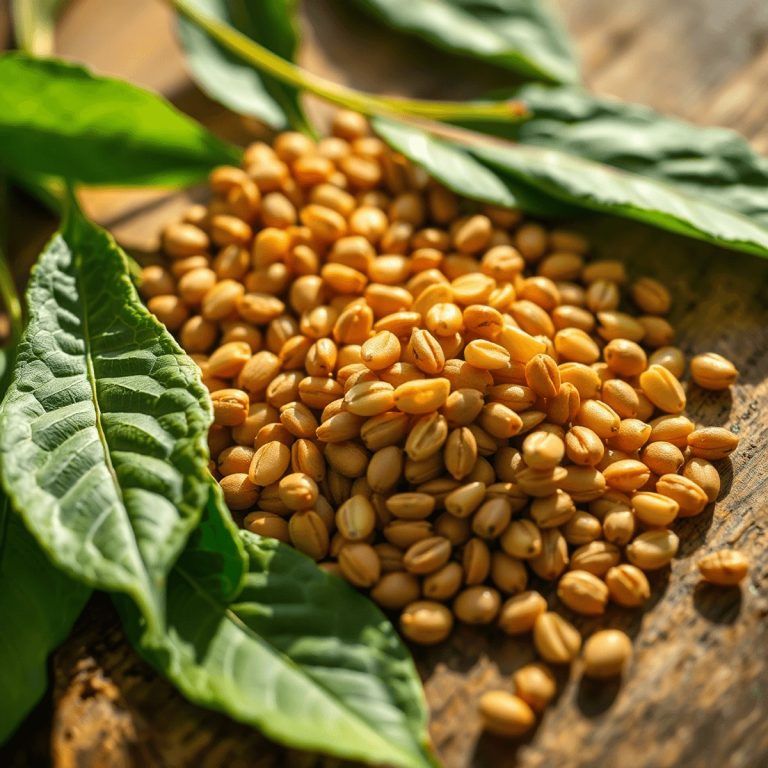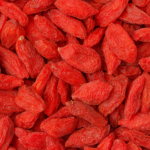Introduction
In the world of nutrition, certain ingredients often gain the spotlight due to their potential health benefits. One such ingredient that has been making waves is resistant dextrin. This unassuming dietary fiber has been garnering attention for its remarkable properties that support gut health and overall well-being. Let’s delve into the world of resistant dextrin and uncover its potential.
Estimated reading time: 3 minutes
Understanding Resistant Dextrin
Resistant dextrin, also known as resistant maltodextrin, is a soluble dietary fiber derived from starch. What makes it “resistant” is its unique ability to resist digestion in the small intestine. Instead, it reaches the large intestine largely intact, where it serves as a prebiotic.
The Role of Resistant Dextrin
Resistant dextrin’s primary role lies in promoting gut health. Once it reaches the large intestine, it becomes a valuable food source for beneficial gut bacteria, known as probiotics. This fermentation process produces short-chain fatty acids, such as butyrate, which play a crucial role in maintaining a healthy gut lining.
Benefits of Resistant Dextrin
1. Improved Digestive Health
By serving as a prebiotic, resistant dextrin helps nourish beneficial gut bacteria. A balanced gut microbiome is linked to better digestion and absorption of nutrients.
2. Weight Management
Resistant dextrin can contribute to weight management efforts. It promotes satiety and reduces the likelihood of overeating, making it a potential ally for those aiming to shed extra pounds.
3. Blood Sugar Regulation
Research suggests that resistant dextrin might help stabilize blood sugar levels. It can slow down the digestion and absorption of carbohydrates, preventing rapid spikes and crashes in blood sugar.
4. Heart Health Support
Certain studies indicate that incorporating resistant dextrin into your diet could have a positive impact on heart health. Its fermentation by gut bacteria produces compounds that might influence cholesterol metabolism.
Incorporating Resistant Dextrin into Your Diet
The good news is that adding resistant dextrin to your diet doesn’t require a major overhaul. It’s often found in foods like whole grains, legumes, and certain fruits and vegetables. Additionally, it can be a beneficial ingredient in various dietary products.
A Word of Caution
While resistant dextrin offers numerous potential benefits, it’s important to introduce it gradually into your diet, especially if you’re not used to consuming high-fiber foods. Rapidly increasing your fiber intake can lead to temporary digestive discomfort.
Conclusion
In the realm of dietary fibers, resistant dextrin stands out as a powerful supporter of gut health and overall wellness. Its unique properties, from promoting the growth of beneficial gut bacteria to potentially aiding in weight management and blood sugar regulation, make it a versatile and valuable addition to a balanced diet.
As you consider ways to enhance your nutrition, remember that small, sustainable changes often yield the most significant results. Whether you’re seeking to improve your digestion, manage your weight, or support your heart health, embracing the benefits of resistant dextrin could be a step in the right direction.








